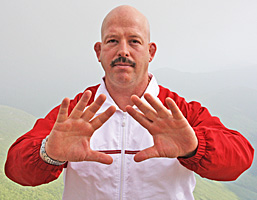“The man who does not read has no advantage over the person who cannot read.” – Mark Twain
Even though audio and video recordings are incredibly valuable, and life-changing, they do not take the place of sitting in a chair, in a quiet room, with a book in your hand.
If you don’t believe me, all you need to do is test this out.
Begin your day with a book in your hands. Read something that makes you laugh, or think, or imagine different.
Avoid watching or listening to the news as your day begins. Stay away from email and social media for at least an hour.
You can listen to music if you want, provided there are no lyrics. Never listen to music produced by a rocker who is frequently depressed.
As you sit with a book in your hand, take a look at the clock. Plan on reading for 20-30 minutes, but before doing so, make a note as to how you feel.
READY? GO!
When you are finished, close your book and sit silently for a minute. Notice how different you feel. Notice how your brain is now alert, energized and ready for more.
Also take note of how you have an advantage, not just over those who cannot read, but over those who think that audio and video is better. Audio and video are important, and they are helpful. But when it comes to that “steroids for the brain” sensation you are looking for, books will always be numero uno.
Here endeth the lesson.
Matt Furey

